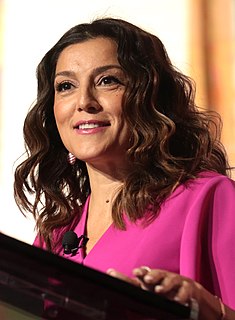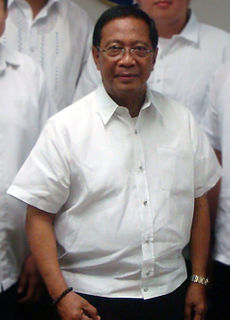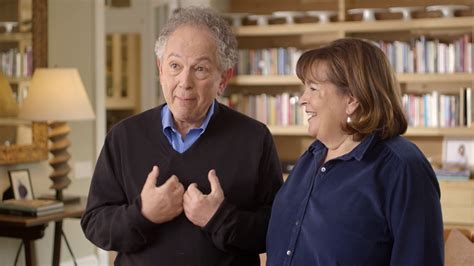A Quote by P. J. O'Rourke
It is important to remember when reading Adam Smith or even when just thinking about Smith that the era that he lived in, we're not talking about poverty in a day when it meant not enough bedrooms for the kids, an old car, a black and white television. We're talking about a whole world where poverty meant not enough to eat.
Related Quotes
Remember, we're talking [in The Black Power Mixtape] about 1967, the year before [Martin Luther] King's assassination. We're talking about the emergence of black power, which is a discussion King mentioned in his last book, Where Do We Go from Here: Chaos or Community? We're talking about the meaning of black power and the possibility that it alienated our supporters, both white and black.
She [Hillary Clinton] knows the people well. I think there is - you know, also talking about breaking down barriers and talking about that, whether we`re talking about that in economic terms. I mean, she`s the only person who has been out there talking about white privilege and talking about sort of the intersectionality of some of these issues.
Poverty is a strange and elusive thing. ... I condemn poverty and I advocate it; poverty is simple and complex at once; it is a social phenomenon and a personal matter. Poverty is an elusive thing, and a paradoxical one. We need always to be thinking and writing about it, for if we are not among its victims its reality fades from us. We must talk about poverty because people insulated by their own comfort lose sight of it.
I think I was meant to be a musician who speaks his mind about social justice issues. And I grew up in a lower middle class family, but a family that had enough money to buy a $50 guitar and a $50 amplifier, and had a basement to rehearse in. What I think the global human cost of this horrific poverty is how many Mozarts or curers of cancer are slaving away in the Maquiladoras along the Tijuana border, or in the Indonesian sweat shops? There are billions of people who will never become the people they could be, or the people they were meant to be, due to crushing poverty.
Katherine Johnson never complained, it just was what it was. She just said, "I just wanted to go to work and do my numbers." And she stopped right there. I think about that as a Black woman in Hollywood when I'm asked about diversity. I hate when people say diversity because the first thing you jump to is Black and white. When you talk about diversity, you're talking about women being hired in front of and behind the camera. You are talking about people with disabilities, the LGBTQ community...so I hate when people think about diversity.
A few months ago people were talking about seeing the light at the end of the tunnel. Now the only hope is keeping the world economy from total deterioration. And you get a sense that it is all now truly left to Adam Smith's invisible hand--it's beyond any country's ability, and institution's ability to control.


































